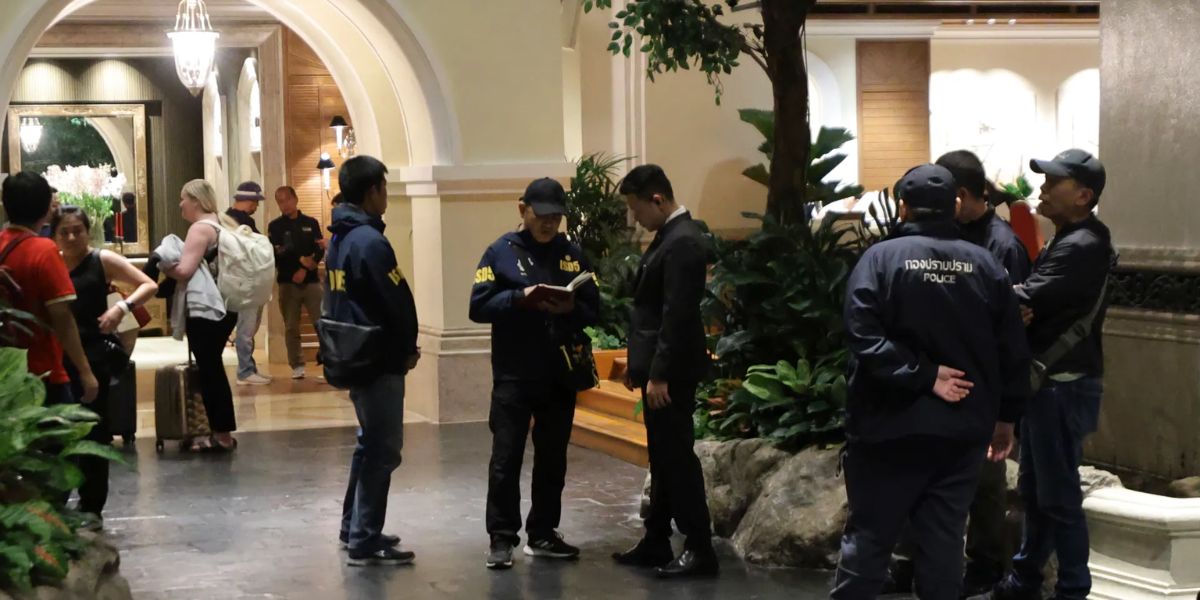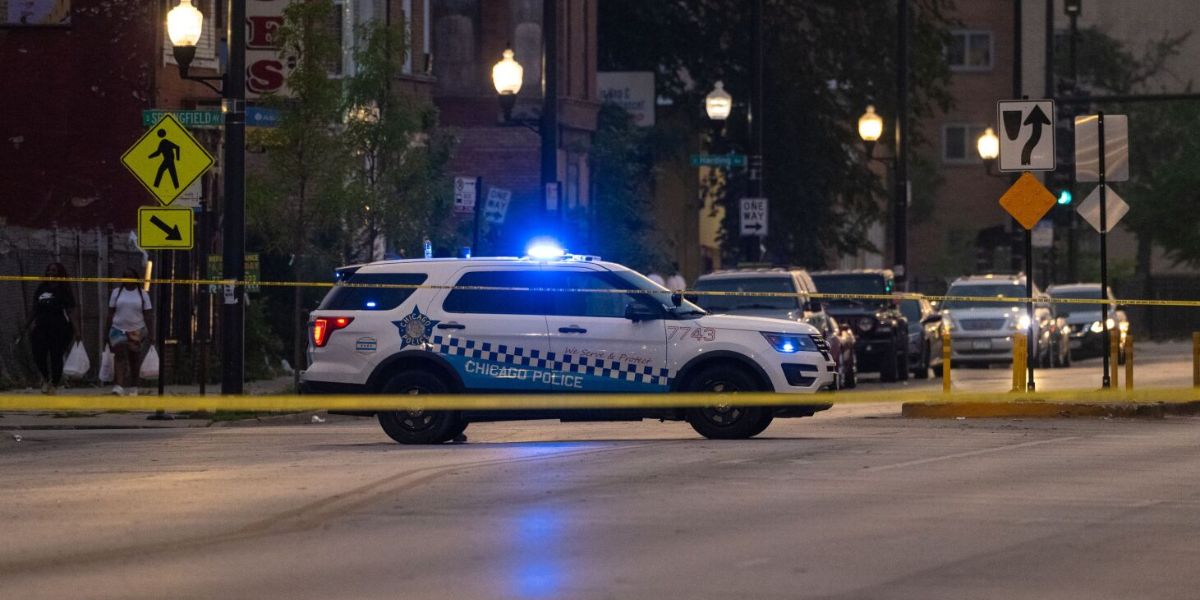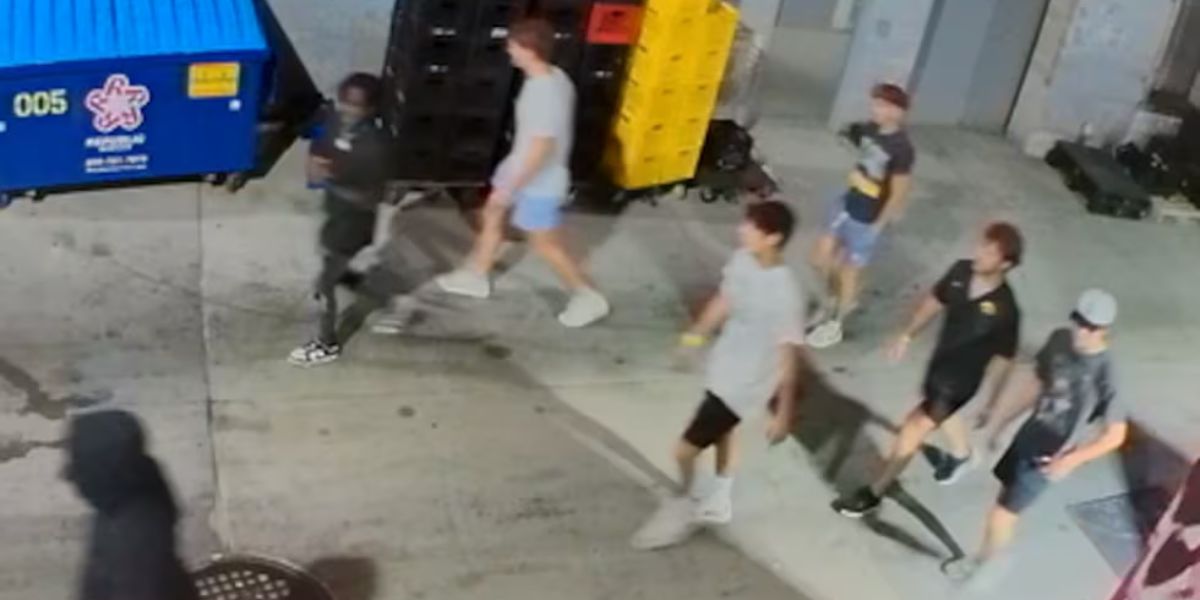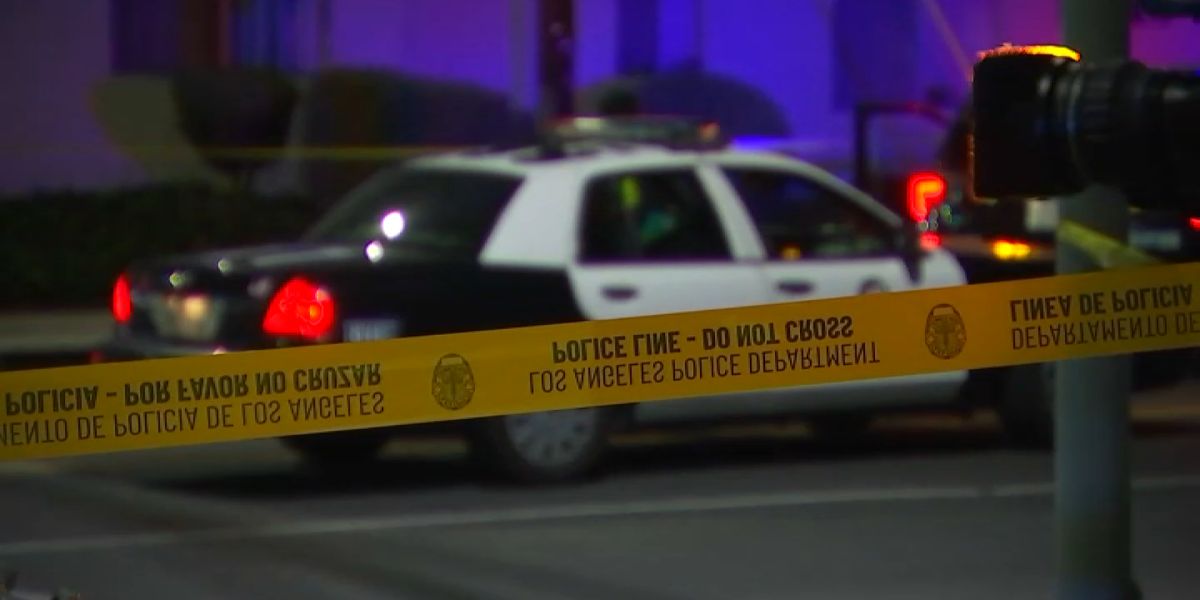Should tourists in Thailand be concerned about their safety after six people were discovered dead in a locked hotel room in Bangkok?
Thai authorities were keen to emphasize that they believed the incident was a personal dispute and did not pose a threat to foreign visitors. Thai police suspect the six — four Vietnamese nationals and two US citizens of Vietnamese ancestry — died from cyanide poisoning caused by a disagreement over an investment. They claim that forensic evidence and police interviews with relatives of the deceased confirm their hypothesis.
Here’s a look at what we know so far—and how.
What Clues Were Found at the Crime Scene?
On Tuesday afternoon, police were alerted to the discovery of six deaths, three men and three women, in a fifth-floor hotel room at the five-star Grand Hyatt Erawan in Bangkok’s tourist sector.
The six, some of whom were staying in separate rooms at the same hotel, were supposed to check out that day or the day before. Security footage revealed that the group had congregated in one room on Monday with their packed luggage.
The room’s locked front door and security camera footage revealed that no one else had entered the room since hotel workers delivered the meals on Monday afternoon.
The victims were found spread, with some in the living room and others in the bedroom, indicating that it was not a ceremonial suicide. There were also no signs of theft, and the suitcases remained untouched.
Police also discovered a table full of uneaten room service meals and six teacups that appeared to have been consumed. They discovered some unidentified sediment in the cups.
The police also stated that there were no traces of struggle or injuries on the bodies, prompting them to suspect poisoning as the cause of death.
What Did the Forensic Evidence Reveal?
When investigators examined the sediment in the teacups, they discovered evidence of the lethal toxin cyanide. Initial autopsies at Bangkok’s Chulalongkorn Hospital revealed signs of cyanide in all six victims.
Forensic experts stated their organs revealed symptoms of asphyxiation, which is a side effect of cyanide poisoning, reinforcing the conclusion that the fast-acting poison was most likely the cause of death. However, they stressed that a thorough examination was required to corroborate the findings.
It’s Thailand’s second high-profile case of suspected cyanide poisoning in as many years. Sararat Rangsiwuthaporn, also known as “Am Cyanide” in the media, was charged last year of killing at least 14 people to whom she owed money over the years. A fifteenth person was also poisoned but survived.
Who Killed Who and Why?
Police say they are still investigating, but they have made it plain that they are focusing on a Vietnamese American lady who may have been involved in a money dispute with two other persons in the room.
Police said they believed one of the six committed the murders before committing himself, but did not identify the culprit.
However, they claimed that one of the two Vietnamese Americans, Sherine Chong, was the only one in the room when the room service food arrived on Monday and that she had declined the staff’s offer to prepare the tea, stating that she would do it herself.
They claimed that a Vietnamese couple who died had invested approximately 10 million baht ($278,000) with Chong and a Vietnamese woman in a construction project that had not progressed, and they may have been meeting to address a project disagreement. The investment was claimed to be related to the development of a hospital in Japan.
It was unclear whether the other two people whose deaths were discovered were involved in the dispute.
Who Were the Six People Who Died?
Thai police identified the victims as two Americans, Sherine Chong, 56, and Dang Hung Van, 55, and four Vietnamese nationals, Nguyen Thi Phuong Lan, 47; Pham Hong Thanh, 49; Tran Dinh Phu, 37; and Nguyen Thi Phuong, 46.
Little personal information about the six has emerged, but Vietnamese media stated that Phu is a well-known makeup artist from the central city of Da Nang who goes by the professional name Phu Gia Gia and informed his family that he was going on a three-day work trip to Thailand.
What Has Been the Response of the Governments Involved?
Thai Prime Minister Srettha Thavisin visited the crime scene barely hours after police arrived to say that the event will not damage tourism, which is a vital source of revenue for the country.
Vietnam’s Prime Minister Phạm Minh Chính directed the Foreign Ministry to collaborate with Thai officials in investigating the killings and ensuring the safety and rights of Vietnamese citizens.
Matthew Miller, a spokeswoman for the US State Department in Washington, expressed his sympathy to the families of the deceased. He said the United States is actively following the situation and will engage with local authorities.
He declined to disclose whether the FBI would be involved in the probe, as Srettha had announced. The FBI is authorized under US law to investigate crimes committed against US citizens abroad.




